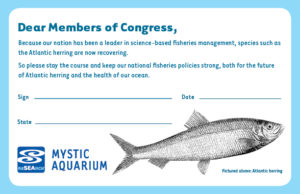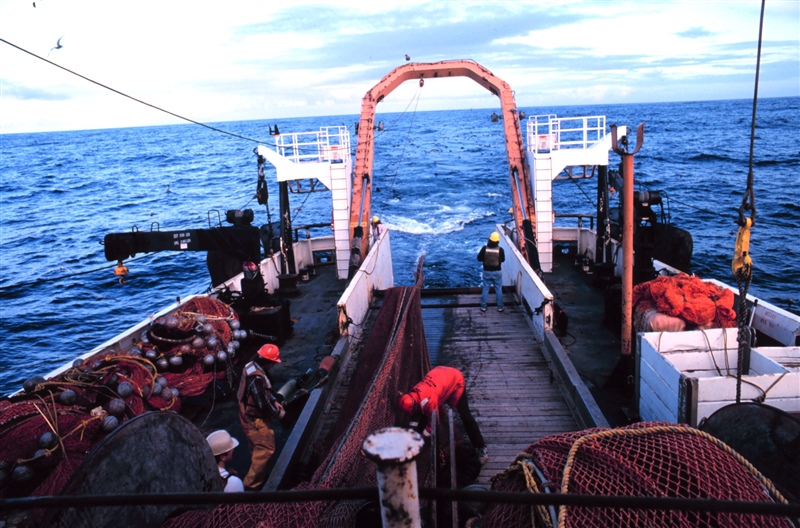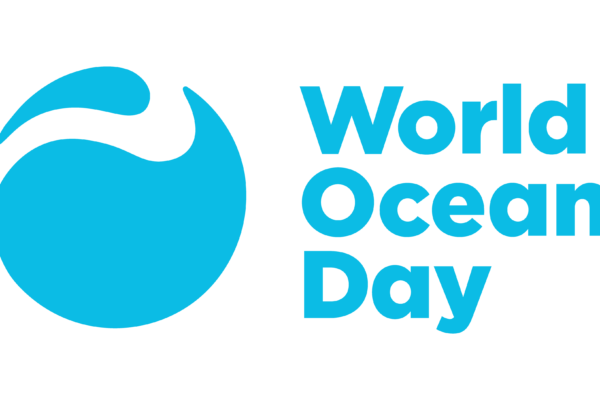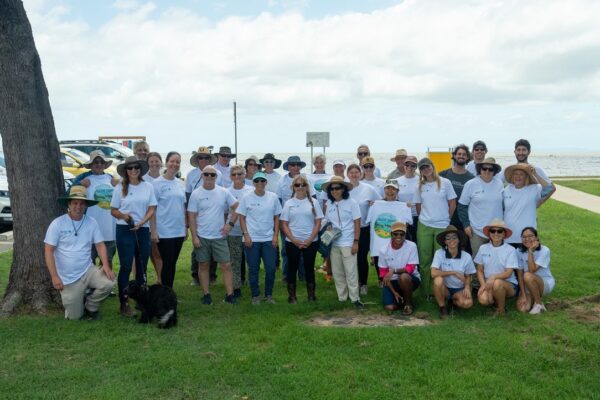“All management should be for the generation coming, not for the generation that’s here today. If all you can think about is your own next year’s payments instead of what your grandchildren and great-grandchildren will have, then your grandchildren will have nothing to worry about: There won’t be anything left.” — Clem Tillion, pioneering leader for science-based fisheries management
Ocean conservation is at an important juncture in many ways, including in the U.S. with the anticipated reauthorization of one of the nation’s most important but least-known laws for conservation, the Magnuson-Stevens Fishery Conservation and Management Act (MSA), the primary law governing management of our nation’s fisheries.
On July 26, Representatives Jared Huffman (D-CA) and Ed Case (D-HI) introduced the Sustaining America’s Fisheries for the Future Act, legislation that would reauthorize the MSA. The Ocean Project applauds Representatives Huffman and Case for their commitment to involving the public in this process, with a nationwide fisheries listening tour over the last two years, including several listening sessions hosted by our aquarium partners.
Advancing science-based fisheries and ensuring we have healthy, sustainable marine ecosystems in the United States is critically important for many reasons. MSA was enacted into law in 1976 when foreign overfishing was decimating our coastal waters. It was reauthorized in 1996 following the first-ever concerted push for strong fisheries conservation in the United States. Thanks to continuing efforts for the ocean, MSA evolved further for conservation in 2006. Those two most recent reauthorizations resulted in conservation provisions such as catch limits and habitat protections and has resulted in significant improvements. For example, since 2000, 47 federally managed fish stocks have been rebuilt under MSA’s guidelines. Indeed, this law, while not perfect, has become a successful model for the world.
“I want to pay tribute to the U.S. for their great achievements in managing fisheries in accordance with the best available science and ending overfishing, based on the Magnuson-Stevens Act. The U.S. has shown us the way on sustainability.” — Maria Damanaki, formerly European Union Commissioner for Maritime Affairs and Fisheries
With the last reauthorization 15 years ago, it is high time to make more improvements in fisheries conservation. The new bill would strengthen the law by accounting for climate change, better protecting coastal ecosystems, and conserving forage fish, an essential food for all types of larger fish and other wildlife, including seabirds and marine mammals.
Fish are not just important for fish stocks and fish sticks. Fish are wildlife, too. The ocean and its vast resources are put in the hands of our government for all people and need to be well managed to conserve fish populations, protect other wildlife, sustain fishing communities, and protect our children’s inheritance.
Public opinion is clear that Americans from across our country – both coastal and in the heartland – care deeply about the ocean and its life. And  recent efforts by The Ocean Project and its partners have shown that the public is interested in, and supportive of not only ocean conservation in general, but also science-based fisheries policies in particular. We welcome the opportunity to continue to collaborate with our network of hundreds of aquariums, zoos, and science museums across the country to effectively inform their millions of visitors from all walks of life about the important role that a sound, science-based approach can play in conserving, and even improving the health of fish populations and our nation’s fisheries, and the resiliency of our ocean that we all need to survive and thrive.
recent efforts by The Ocean Project and its partners have shown that the public is interested in, and supportive of not only ocean conservation in general, but also science-based fisheries policies in particular. We welcome the opportunity to continue to collaborate with our network of hundreds of aquariums, zoos, and science museums across the country to effectively inform their millions of visitors from all walks of life about the important role that a sound, science-based approach can play in conserving, and even improving the health of fish populations and our nation’s fisheries, and the resiliency of our ocean that we all need to survive and thrive.
Thank you to Congressmen Huffman and Case for moving ahead with this public process and we look forward to working with all leaders in Washington, DC to recognize the value of sustainable fisheries, healthy marine ecosystems, and the importance of science-based management. We look forward to working closely with Chairman Huffman, Rep. Case, and other leaders on both sides of the aisle to ensure that our nation leads the world with strong, science-based fisheries conservation policies.
Learn more about The Ocean Project’s collaborative fisheries campaign work.
Learn more about the reauthorization and get involved with some of our key partner organizations:
- Marine Fish Conservation Network
- National Audubon Society
- American Saltwater Guides Association
- Oceana
- More about others’ support for this legislation
Learn more:
- The Law That’s Saving American Fisheries: The Magnuson-Stevens Fishery Conservation and Management Act, by The Pew Charitable Trusts and Ocean Conservancy
- More science-based fisheries information and resources, including series of fisheries-related blog posts, provided by The Ocean Project
Featured image thanks to Allen M. Shimada, NMFS, and the NOAA Photo Library




